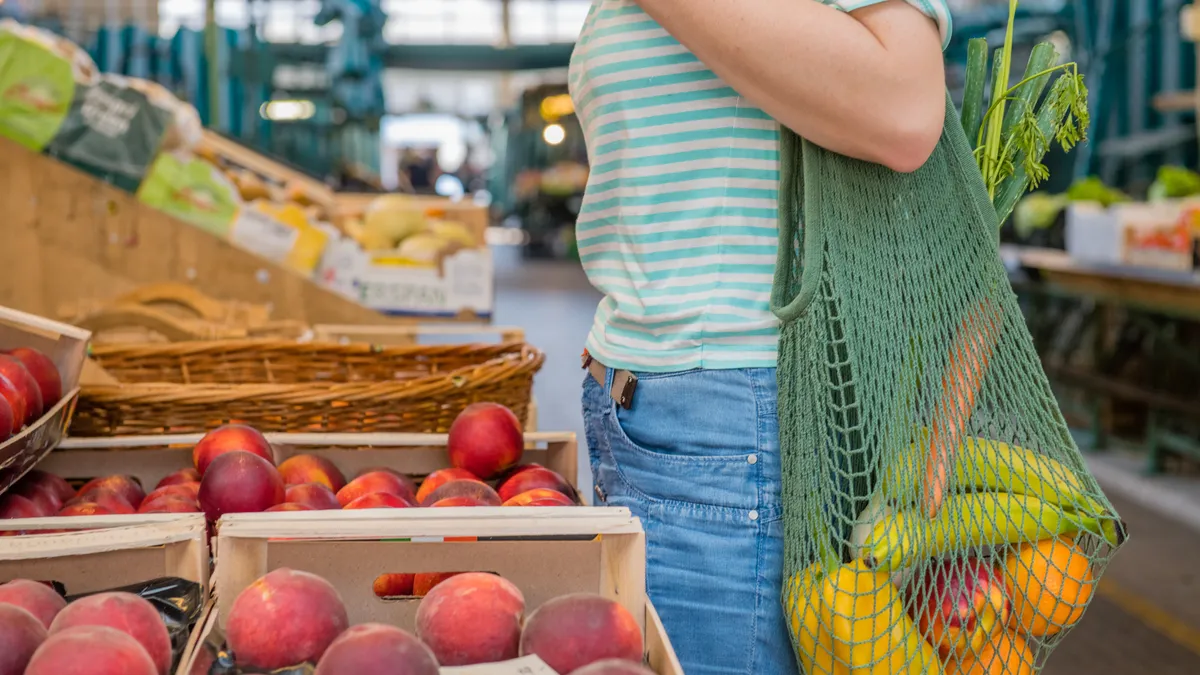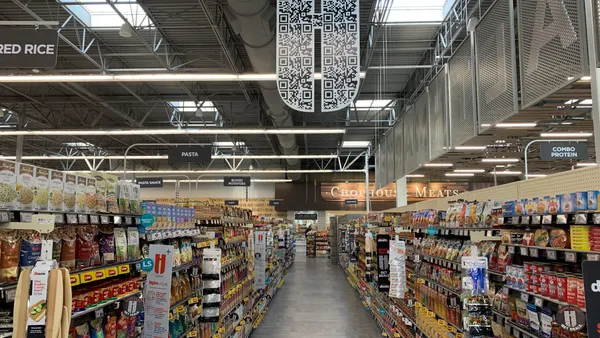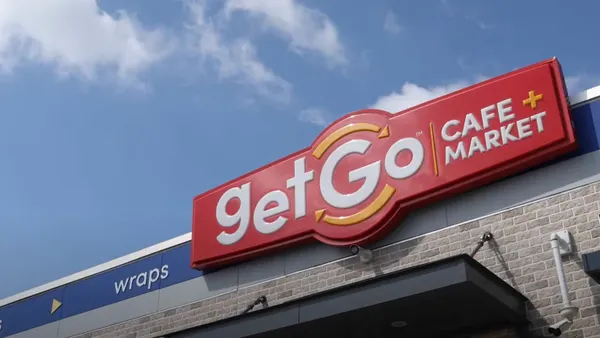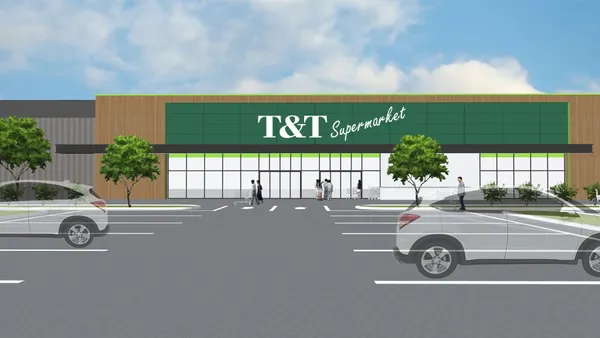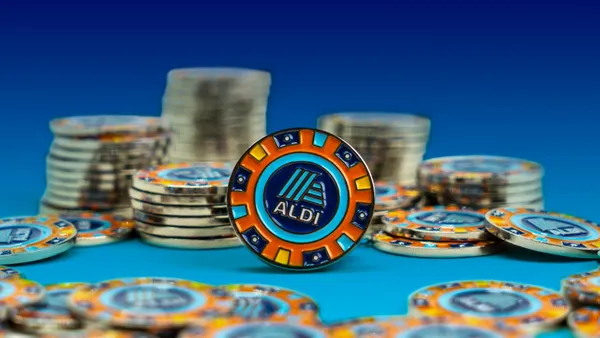No one wants to swim in an ocean of plastic and yet, every day we come a bit closer to that sad reality—in fact, one estimate finds the amount of plastic trash flowing into the oceans could nearly triple by 2040 to 29 million metric tons. This type of terrifying statistic is one reason retailers and brands are taking action and considering sustainability across all touchpoints along the supply chain.
That includes packaging, which is the target of the U.S. Plastics Pact, designed to inspire retailers to act more intentionally when making decisions that will minimize plastic waste and contribute to a smaller footprint. "Even the smallest elements make a big difference," says Karen Reed, Global Director of Marketing and Communications at Kwik Lok, a founding activator of the Pact.
Proper Packaging Can Help Retailers Meet CSR Goals
A National Retail Federation report found 77% of Americans say it's important for companies to take environmentally responsible actions, which is why most grocers have stated CSR goals. However, they can't go it alone, and suppliers play a key role in helping retailers reach these goals. To that end, food industry association FMI, another founding Pact activator, reports that 41% of its members say they have clear objectives and implementation timeframes for reducing packaging waste.
"Brands decide how products are sold into the market and therefore need to be proactive in making decisions on what eco-friendly practices and materials they should embrace," says Emily Tipaldo, executive director of the U.S. Plastics Pact. "They need to consider how to deliver solutions consistent with carbon reduction and sustainable material use, while prioritizing access to healthy food at an affordable price."
However, she adds, grocers also wield power on the market-based side. "They can set performance standards to make sure suppliers are aligned with corporate goals,"she says, recommending that they help move initiatives forward by offering incentives, such as more prominent shelf space or additional promotional muscle, to suppliers that meet specific measures.
While recyclability is an obvious objective grocers have in mind, it shouldn't supplant an overall goal of carbon reduction, says Reed. "Suppliers are often identifying tactics, such as asking us for recyclable packaging before they articulate the problem they want to solve. Yet, if they also have a goal to reduce their carbon footprint, they need to balance their goals and understand possible tradeoffs."
The bottom line is that true change will only come through cooperation up and down the supply chain, with grocers ensuring that brands are pursuing forward-thinking options, and brands relying on proven suppliers to help them in their quest. "We know our customers juggle myriad priorities, so they need to work with partners whom they trust are doing their homework to provide solutions that are relevant and scalable," says Reed.
A Collaborative Approach to an Intractable Issue
The U.S. Plastics Pact aims to encourage brands and retailers of all sizes to engage collectively. "We see major, multinational brands asking the same questions as smaller companies," says Tipaldo. "Everyone is hungry for case studies and examples, which is why this is an invaluable forum for people to open up and share what has or hasn't worked and why."
Kwik Lok has found the give-and-take to be helpful for numerous aspects of its business. "Given our work with the produce and bakery industries, we bring a specific viewpoint, and part of our CSR strategy is to be in the virtual room not only sharing our experience, but also learning from others," Reed says.
She notes that some organizations may be wary of participating if they don't have a clear plan of action or aren't yet meeting their own ambitious goals, but holding back is actually counterproductive. "We need to have all perspectives at the table because these problems are so complex that everybody plays a role. There is no one answer; it takes lots of solutions coming together in the right way to move the needle, and this dialogue is how innovation happens."
Tipaldo stresses that there is still room for Pact activators. "There are so many benefits to getting involved, including tapping into amazing resources that businesses and organizations otherwise might not have a connection to," she says. Find more information on how you can join the U.S. Plastics Pact here.
And for more information on how Kwik Lok is implementing CSR initiatives across its footprint, click here to download the Kwik Lok Corporate Sustainability Report.

